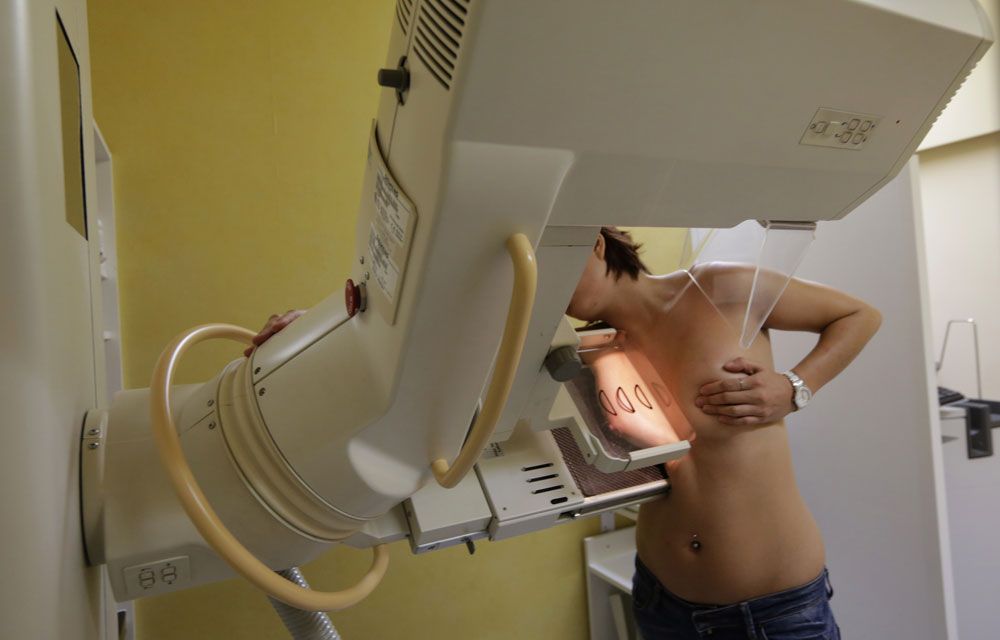The diagnosis of a breast cancer is often accompanied by a emotional shock of remarkable intensity, plunging the patient into a whirlwind ofanxiety and of fear. This initial emotion turns into a constant struggle against intrusive thoughts related to the illness and a nagging apprehension about the recurrences. Beyond treatments and medical protocols, it is crucial to recognize the burden psychological what this pathology represents. The repercussions of anxiety are manifested not only on mental well-being, but also on the course of the disease, placing the management of emotions at the heart of the management of breast cancer.
|
IN BRIEF
|
Introduction to Complex Emotions Related to Breast Cancer
Breast cancer is a disease that causes complex emotions such as shock, there fear and theanxiety. When a person faces a cancer diagnosis, the path is paved with uncertainties and anxieties that can profoundly affect their psychological health. This article examines the different facets of these emotions, their impact on patients and strategies to manage them effectively.
Shock: The Impact of the Diagnosis
Being diagnosed with breast cancer can cause a shock intense emotional. Emotions can vary between disbelief, anger and sadness. This initial reaction can lead to a state of confusion where the person finds themselves confronted with the reality of their condition. According to some studies, shock can also have repercussions on health mental and quality of life, thus amplifying stress and anxiety in the long term.
Fear: The Uncertainty of Recurrence
There fear is omnipresent in the patient journey. After the diagnosis, the fear of recidivism becomes a major concern. This anxiety can lead to possibilities of avoiding certain treatments or to avoidance behaviors which hinder medical follow-up. Fear of the future, combined with physical and emotional pain, can create a vicious cycle that is difficult to break. It not only affects the well-being of patients, but can also disrupt interpersonal relationships and social support, thus worsening isolation.
Anxiety: A Natural Response to Stress
L’anxiety, for its part, is often a response directly linked to the stress generated by cancer. Signs of this anxiety may include feelings of tension, ofhypervigilance, and the panic. Patients may find themselves anticipating tragic scenarios, stressed by the constant thought of their health. Managing this anxiety is essential, as it can also impact patients’ ability to follow their treatments. Support groups and cognitive therapy can help restructure these fears and alleviate anxiety symptoms, making their journey more manageable.
Managing Stress and Its Potential Impact
A crucial question often arises: can stress have an impact on the progression of cancer? Research shows there is a correlation between stress chronic and general health. From behavior to daily habits, stress can influence decisions that, in the long term, increase the risk of negative health outcomes. The environment and individual responses to stress must be considered in the management of breast cancer.
The Role of Psycho-Oncology
There psycho-oncology is emerging as a critical area for understanding and treating the emotional effects of cancer. Offering varied approaches, this includes emotion management strategies, such as psychological therapy or support programs. A study on anxiety disorders in cancer indicates that cognitive behavioral therapy can be beneficial in helping patients work on their fears and reduce their anxiety linked to illness.
Conclusion: Towards Better Emotional Understanding
It is essential to pay particular attention to the emotional dimension of breast cancer. Recognizing shock, fear and anxiety is the first step towards effective management and appropriate psychological support. Awareness and education initiatives will continue to play a crucial role in creating space for patients to express their emotions without judgment, giving them the tools to cope with their illness.
🩻 Cancer du sein: quand faut-il commencer le dépistage?
— RMC (@RMCInfo) October 1, 2024
► https://t.co/t9ecdyQxY3 pic.twitter.com/uI2DzOyxoc
The diagnosis of breast cancer is often accompanied by a profound emotional shock, an event that disrupts the patient’s life on many levels. This shock produces an immediate reaction sometimes compared to a real existential crisis. The discovery of the illness returns the woman to her identity, her vulnerability, and the uncertainties about her future. Finding yourself confronted with this reality can lead to psychological repercussions considerable, ranging from worry to an ever-present fear of the unknown.
There fear is an inevitable feeling in this ordeal. It feeds on the anxiety linked to recidivism potential, digging abysses of apprehension which can become paralyzing. Patients bear the weight of this fear, which tends to turn into chronic stress, impacting not only their mental well-being, but also their physical health. The experience of illness is far from linear; oscillating between hope and despair becomes the daily life of these women.
In fact, the anxiety management becomes a major issue. Faced with a anxiety exacerbated, many patients encounter difficulties in submitting to treatments and maintaining their compliance medical. The interaction between negative emotions and the obstacles posed by the illness can further disorient women, reducing their ability to cope with the illness. Therefore, a holistic approach, integrating psychological care, appears essential to alleviate the emotional burden. It is imperative to provide them with the tools to navigate this psychological complexity, providing support that goes beyond traditional medical care.











